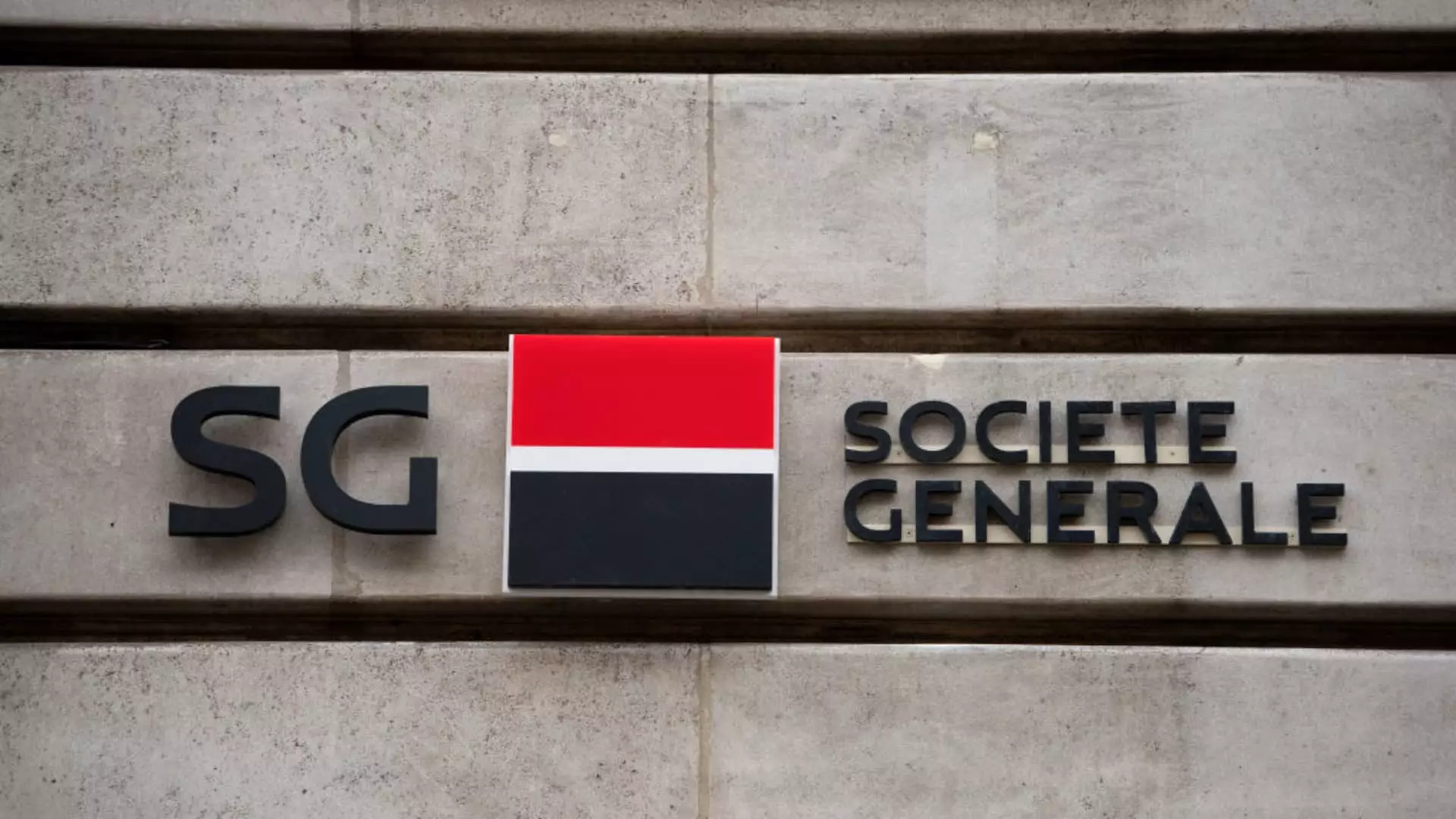Recently, a former Societe Generale trader, Kavish Kataria, made headlines after accusing the French bank of unfairly firing him for unauthorized risky bets. Kataria claimed that he was made a “scapegoat” by the bank and that it failed to take responsibility for missing the trades. According to Kataria, the profits and losses on his trades were communicated to his superiors on a daily basis, and he argued that the bank should have identified the risky trades sooner rather than terminating his contract.
In response to Kataria’s allegations, Societe Generale confirmed that both Kataria and his team head, Kevin Ng, were dismissed after an internal review of their transactions. The bank stated that its strict control framework allowed it to identify a one-off trading incident that did not result in any financial impact. While Societe Generale did not incur any losses from the trades, there was the potential for significant financial consequences if the market had taken a negative turn.
According to reports, Kataria was engaged in trading options on Indian indices, which he was not authorized to do. However, the trades went unnoticed for some time due to their nature as intraday transactions. Kataria defended his actions by stating that the trades were auto-booked and that daily emails were sent out to the entire trading group, indicating that the transactions had been reconciled.
Despite being dismissed by Societe Generale, Kataria claimed that he had generated significant profits for the bank during his time there. He criticized the lack of regulations in the trading industry that could protect traders’ rights and called for better oversight and accountability. Kataria expressed his frustration at being let go with minimal compensation and his bonus from the previous year being withheld.
The incident involving Kataria sheds light on the importance of risk management in the banking sector. Societe Generale has a history of being cautious due to past experiences with “rogue traders” like Jerome Kerviel, who caused billions of euros in losses in 2008. While the bank reported a decline in first-quarter net income, the emphasis on risk management and control measures remains paramount in ensuring financial stability and preventing unexpected losses.
The case of Kavish Kataria and Societe Generale highlights the complex nature of trading operations and the need for comprehensive risk management protocols. While Kataria may feel aggrieved by his dismissal, it underscores the challenges and responsibilities that come with working in the financial industry. The incident serves as a reminder of the importance of transparency, oversight, and accountability in maintaining the integrity of financial institutions.

